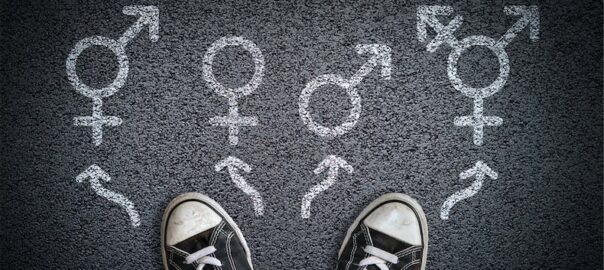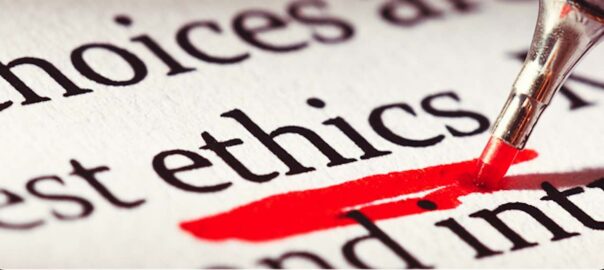
In all my advising, speaking, and writing I aim for kindness, thoughtfulness, and true toleration. Being able to debate with civility and find consensus where possible will always be my aim. Most people I speak with – of all faiths or none – want this world of peace and principled living. We often diverge on ideas and policies, but converge on creating contexts for courageous conversations.
The tragedy of our current era is that a minority of noisy and privileged “influencers” want to replace conversation with condemnation, debate with defamation, and evaluation of ideas with erasure from the public square. The amount of gaslighting and projection is deeply disturbing. Here are some examples.
A Florida education bill keeping sexualized material out of K-3rd grade is condemned (by those who have not actually read the bill) as an attack on gay rights and violence toward transgender students. The absurdity of this is clear to anyone with a conscience, but fear keeps people from affirming that some things are better left to the family and delayed until adulthood.
Parents wanting curricular transparency are reviled as terrorists. Why are public educators afraid of people knowing what happens in a classroom? School choice is branded as defunding public education, classist, racist, and worse…even though it is minority families that need and want it the most.
Women’s athletics is being undermined by biological males. Even with a year or two of hormones, the physical advantages of males make a mockery of the progress of the last half-century.
For some, balancing a federal budget and evaluating spending is cause for violence in the streets. We can balance a budget and care for all important facets of government – it just takes courage, innovation, and a commitment to efficiency in service of the end users, not jobs for public workers.
We know better.
Israel is the only democracy in the Middle East and a beacon of human rights, economic opportunity, technological innovation, and humanitarian concern. Yet she is libeled as evil, even “apartheid” because she wants peace and security. The number of anti-Jewish incidents in the West is 5X more than the purported “islamophobia” that captures attention.
Gender anarchy, the recruitment of vulnerable children to a lifetime of dependency on the state, the subversion of the biological family, and hatred toward any values deemed traditional are the new normal among the chattering classes.
We know better.
There is hope.
We know male and female identity are permanent realities for all but a miniscule percentage of the population. We also know that men and women display many similar traits and a wide spectrum of expression, personality, and interest. We need to help people get comfortable in their own skin and stop pretending they can be another gender/sex.
We know that class and race often bring conflict and that only humility, hope, and systems changes will open opportunity for all. The way forward is not printing money for reparations, but opening access for flourishing to all.
We know that traditional Christians and Jews are no threat to freedom. Their beliefs and values, however, are in stark contrast to the pagan-secular subjectivities that rule social media. Will we have the maturity to debate these ideas, or will elites insist on marginalization and persecution?
From our own family and personal budgets, we know that increasing debt only delays the reckoning ahead. If we managed our finances like federal and some state governments, we would all be in trouble!
We know better.
In Part Two, we will look to some principles that can build a better future. For this week, let’s commit to moral clarity, kindness, and thoughtfulness, aiming for conscientious consensus where possible. Our future depends on it.
Tags: influencers, Florida, gay rights, transgender, public education, athletics, federal budget, Israel, apartheid, gender


